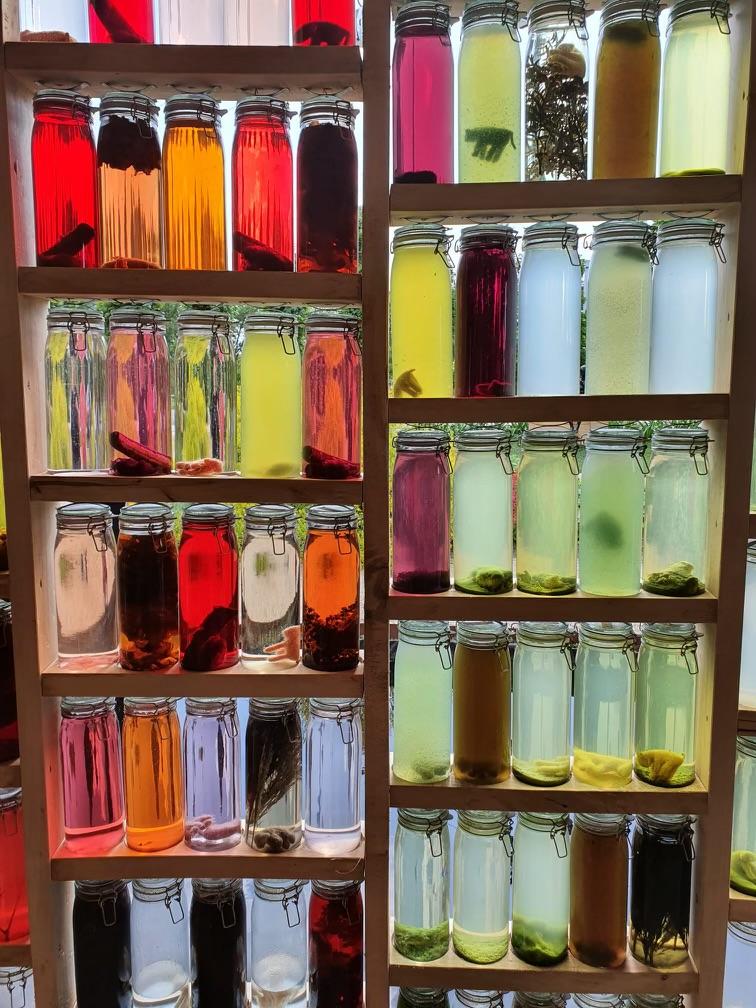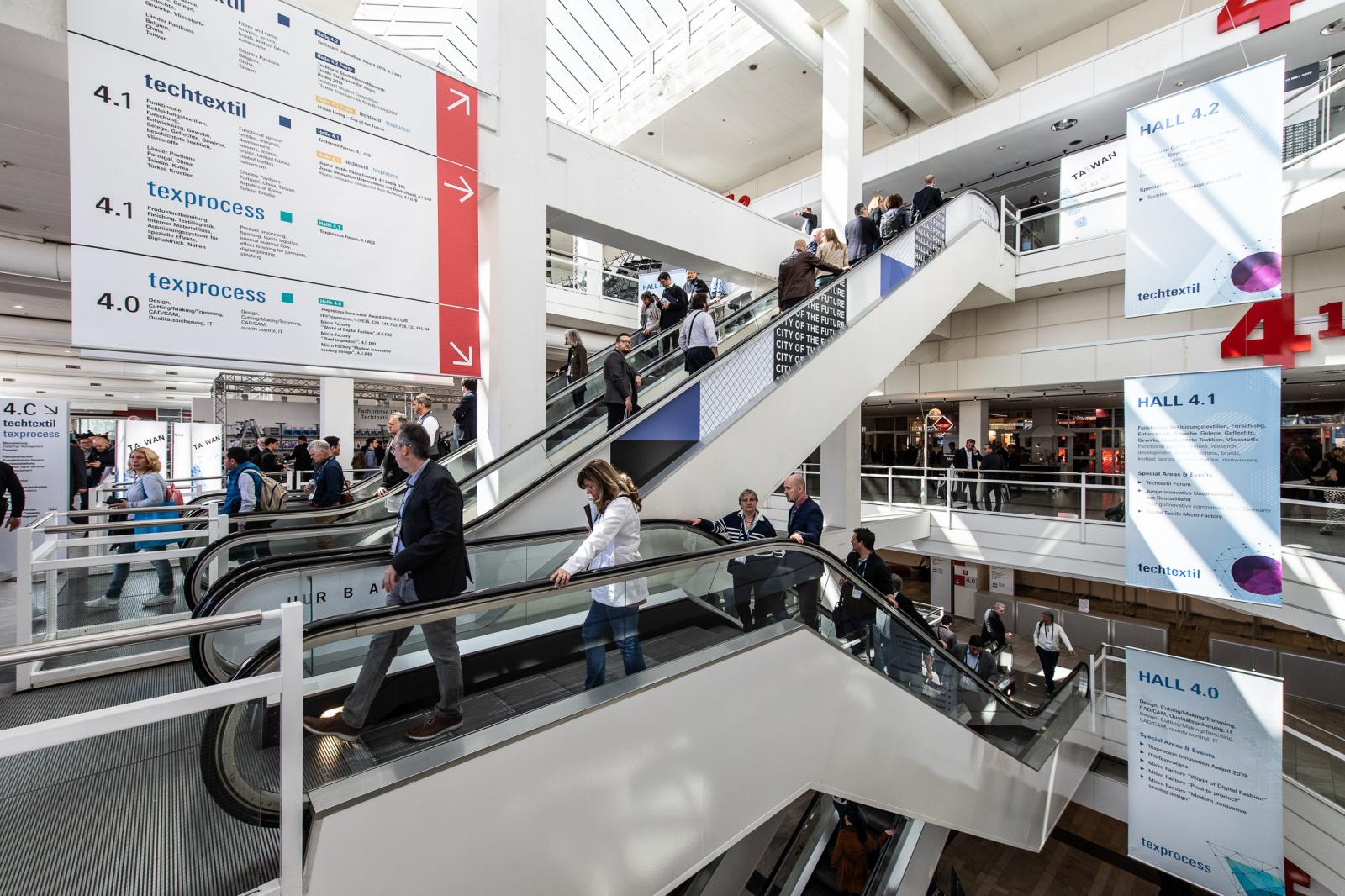FASHION FOR GOOD: Sustainable Dyestuff Library
At the beginning of April Fashion for Good launched Dyestuff Library, a digital tool enabling partners to choose sustainable dyestuff based on competitive performance and environmental metrics for commercial use. The library, which will accelerate the shift from harmful chemistry to more sustainable options by enabling visibility and access to innovations, is supported by Fashion for Good’s corporate partners adidas, Inditex, bonprix and Otto International (members of the Otto group), BESTSELLER, Target, Patagonia, Paradise Textiles, Welspun, and newest partner Shahi Exports, along with other supporting stakeholders.
Textile dyes were derived from nature before synthetic dyes, discovered by WH Perkin in 1856, revolutionised the textile industry. Today, 90% of our clothing is synthetically dyed, but the toxic effects and ecological impact are extremely harmful to humans and the environment. Over the years, a significant amount of effort has gone into phasing out harmful chemistry and there are consistent efforts to develop non-hazardous chemistry. Today, many alternative dyes from natural sources such as plants, microorganisms, algae and recycled materials are available, however the lack of clarity on their performance and scale makes it difficult for the industry to switch to these sustainable options.
Over the course of a year, 15 selected dyestuff innovations will participate in lab and pilot trials. Innovators will go through extensive compliance and toxicity testing to ensure they are safe for commercial use. Testing and validating the performance of these innovative dyes and pigments on various textile substrates will be supported by the supply chain partners Paradise Textiles and RDD Textiles, University and labs partners NimkarTek, Institute of Chemical Technology and UNICAMP. Furthermore, participating Fashion for Good partners, textile experts and ZDHC will support this project with their expertise and encourage next steps for industry implementation.
After the completion of the project, Fashion for Good will continue developing the library with additional innovators, materials, fabric constructions, testing methods and innovative colouration machineries to enable innovation implementation in the fashion industry.
ABOUT FASHION FOR GOOD
Fashion for Good is a global innovation platform. At its core is the Global Innovation Programme that supports disruptive innovators on their journey to scale, providing hands-on project management, access to funding and expertise, and collaborations with brands and manufacturers to accelerate supply chain implementation.
To activate individuals and industry alike, Fashion for Good houses the world’s first interactive museum dedicated to sustainable fashion and innovation to inform and empower people from across the world and creates open-source resources to action change.
Fashion for Good’s programmes are supported by founding partner Laudes Foundation, co-founder William McDonough and corporate partners adidas, BESTSELLER, Burberry, C&A, CHANEL, Inditex, Kering, Levi Strauss & Co., Otto Group, Patagonia, PVH Corp., Reformation, Target and Zalando, and affiliate and regional partners Arvind Limited, Birla Cellulose, Norrøna, Pangaia, Paradise Textiles, Shahi Exports, Teijin Frontier, Vivobarefoot, Welspun and W. L. Gore & Associates.
textile dyestuff wash fast dyestuff synthetic dyes natural dyeing Fashion for Good
Fashion for Good




